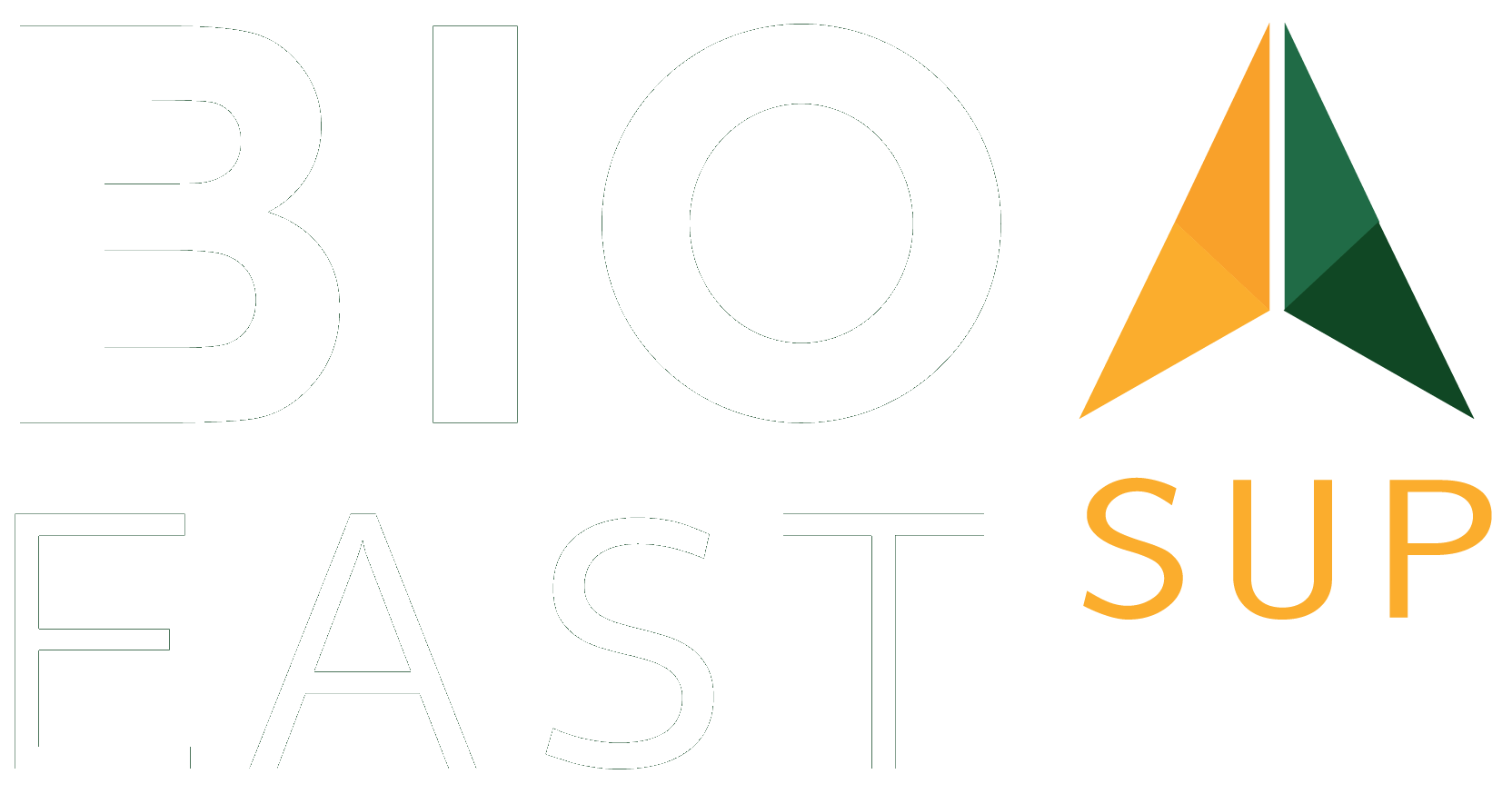31 May, 15-17 CET Permanent Representation of Estonia to the EU, Rue Guimard 11/13, Brussels 1040 (map)
Register by 23 May registration link
The combination of digitalisation and biotechnology provides a powerful opportunity to tackle the EU’s Green Deal challenges. With biology becoming a data-driven engineering discipline aiming to design disruptive biomanufacturing solutions, the EU has the opportunity to capitalise on exponential growth in research and investment in biosustainability. The seminar highlights the strategic approaches from the European Commission and leading R&D organisations, which have the potential to transform EU’s bioengineering and bioproduction sectors.
PROGRAMME
15.00 Networking coffee
Welcome by moderator Prof. Kristjan Vassil, Vice-Rector for Research, University of Tartu
European Bioeconomy Strategy: Stocktaking and future developments – Mr. Roman Brenne, Policy Officer, Sector Bioeconomy, DG RTD
Digitisation of biology for a circular economy – Prof. Mart Loog, Professor of Molecular Systems Biology, University of Tartu
Revolutionising biology through digitalisation – Prof. Lars K. Nielsen, President and Chief Technical Officer, DTU Biosustain at Technical University of Denmark
SINTEF’s contribution to the future of bioeconomy in Europe and Norway – Dr. Christian Simon, Senior Business Developer, SINTEF
Panel discussion, moderated by Prof. Kristjan Vassil
Dr. Adrian Leip, Head of Sector, Bioeconomy, DG RTD
Dr. Virginia Puzzolo, Head of Programming, Circular Bio-based Europe Joint Undertaking
Dr. Christian Simon, Senior Business developer, SINTEF
Prof. Petri-Jaan Lahtvee, Tenured Associate Professor in Food Tech and Bioengineering, Tallinn University of Technology
In which biotechnology sectors can digitisation provide the biggest impact in transitioning to a sustainable and circular EU bioeconomy?
Transforming chemical industries and conventional food production systems with next-generation biosustainable products;
How to motivate biotech industries to invest in and accelerate the movement towards more biosustainable and less carbon-intensive production?
17.00 Networking reception




